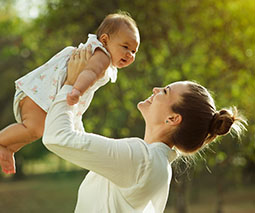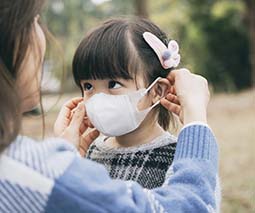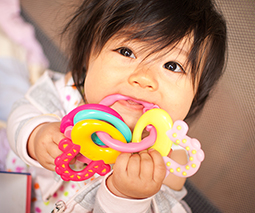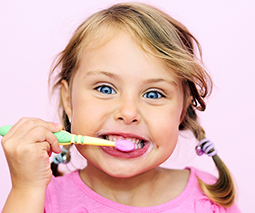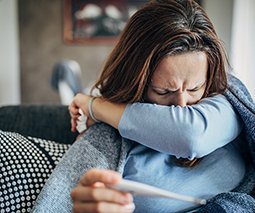Not so crap! Study finds baby poo can tell you how smart they’ll be
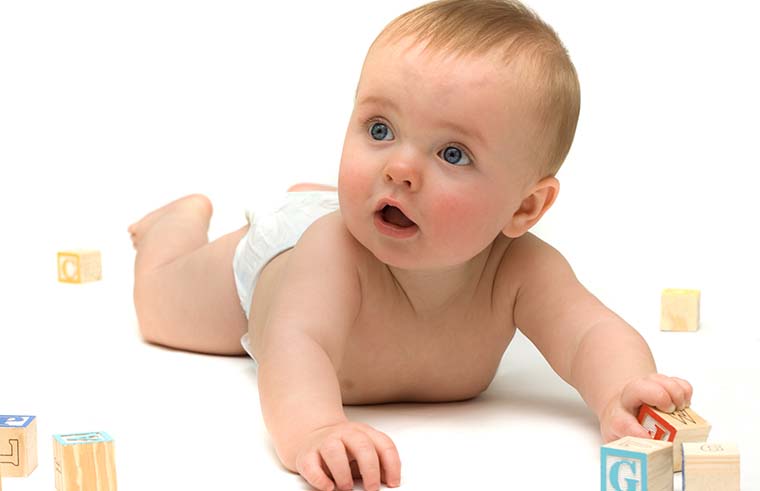
We all know baby poo can be unpredictable, explosive and super stinky. Turns out it’s also a mine of information, with a recent study revealing it can indicate just how smart your little tot will be.
A search beyond the stink
Published in Biological Psychiatry in 2018, a team from the University of Carolina’s (UNC) School of Medicine set out to find if a baby’s gut microbiome could be an indicator of their cognitive abilities in the near future.
Microbiomes are tiny microorganisms or bacterial worlds that live in various places inside our bodies to help, harm and influence our lives often without us even realising.
In the study they took stool samples from 89 one-year-old babies (that’s a hell of a lot of poo!) so they could examine the kinds of bacteria found in each one. They found three different types:
- had high levels of the Bacteroides genus;
- had high levels of the Faecalibacterium genus; and
- had high levels of a yet-to-be named genus in the family Ruminococcacaea
Confused yet? Read on.

Testing the poo theory
A year later the same infants were then given a basic cognitive test to showcase motor skills, language and the ability to perceive things; in order to work out roughly how smart they were.
The first Bacteroides cluster by far outperformed the others, with the lowest scoring group being Faecalibacterium. Interestingly, those with more diverse gut microbiomes in their poo didn’t do as well as those with fewer bacterial worlds.
“We had originally predicted that children with highly diverse microbiomes would perform better – since other studies have shown that low diversity in infancy is associated with negative health outcomes, including type 1 diabetes and asthma,” said Associate Professor of Psychiatry and coordinating author of the study, Rebecca Knickmeyer.
So what does it mean?
Unfortunately the scientists weren’t able to work out exactly what the bacteria are doing in order to influence the brain in this way, or what kind of diet is responsible for the different microbiomes that help make babies smarter. They did also take into account other external links among the poo clusters such as ethnicity, having older siblings, duration of breastfeeding and how the baby was born.
Further studies are required (involving a lot more poo of course), but it’s an interesting find for sure and adds weight to the theory that our gut and brains are not only linked, but also that our microbe-filled bodies are also not entirely our own.
 Need some support to be the best parent you can be? Our Parent School parent coaching experts can help. Click to find out more or book a one-on-one session.
Need some support to be the best parent you can be? Our Parent School parent coaching experts can help. Click to find out more or book a one-on-one session.
